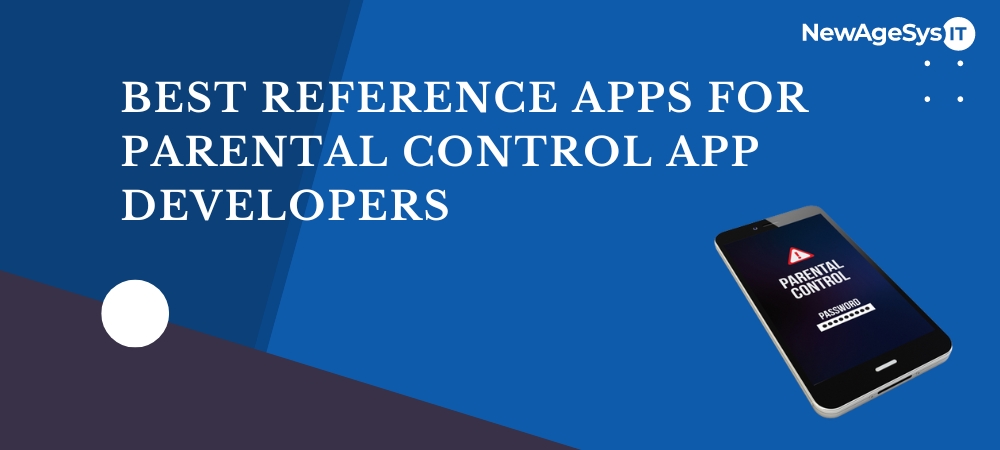An application is known to be software that exchanges information and data between users to complete their specific tasks. Each application and apps are different and based on its development strategy and internal functionality. The difference between web apps, native apps, and hybrid apps is simple. Web apps are operated and delivered over an internet browser. That means there is no need to install it on their devices. Native apps are for definite device types or platforms. Here, the user must install the needed software version on their device. Last but not least, hybrid apps are known as native applications with a web browser inserted inside them.
Web apps vs. Native apps
As we discussed, a web application indicates an app accessed from the browser. And native apps can be installed, downloaded on your device, and developed specifically for a mobile device. Below are the key differences between native apps and web apps.
Functionality
Web apps only give access to interactions assisted by web browsers. That means web apps do not have access to features, even though they are high with design elements. On another side, native mobile apps welcome users to interact with their devices, internal hardware, and operating systems. You can access the following:
- Tracking Device location
- Device microphone and cameras
- Contact lists of user
- User interactions like Touch gestures, device tilt,
- Security features like a fingerprint scan
User experience
Due to high dependency on browsers, web apps lack consistency in user experience. There is a high chance for some features and images to look different on different browsers. And the fact is that the buttons and menu bar features are difficult to access from mobile browsers. By resizing browser windows, it may impact the look and functionality of the web application.Undoubtedly, users have a better experience on native apps where they fill the screen. Native apps are more comfortable for the users for interactions, and they can also help with push notifications to re-engage the users.
Performance
Here, Native apps score better than web apps. When evaluating the performance, native apps are faster, more interactive, and more responsive. For the efficient functioning of an app, the user must download and install regular software updates. Web applications are less responsive and slow, but still, they have more control over performance. Regular Software updates can benefit all users immediately.
App development
Web apps are simple, cheaper, and faster to develop when compared to native apps. They have advantages like they can be easily marketed in less time and also easy to maintain because you only have to test a single codebase.On the other hand, Native apps are a high investment where it calls for a cross-platform development experience team.
Customer reach
The customer reach is a mandatory aspect of every business. As web apps depend on an internet connection to access apps, they only have a limited customer reach. In mobile web apps, users open the mobile browser and find the app. But you can develop and design native apps to work offline on the user’s device. And they are available in app stores easily. Additionally, you can benefit from marketing campaigns within the app store to generate or reach a newer customer base.
Native apps vs. Hybrid apps
The main difference between a native and a hybrid app is the internal structure. Hybrid apps are equal to native apps in some features. Users can download and install hybrid apps from app stores. Hybrid apps are more like web apps internally and are between native and web apps.
App development
The main difference between a native app and a hybrid app is that in native apps, developers rewrite app functions in the native development language. But in hybrid apps, it is through a single codebase.Hybrid apps have a native app shell so that you can wrap your code. It connects you with native features like hardware, calendars, and notifications through a browser in the app.
Cost efficiency
Hybrid apps achieve a good performance and user experience level at a lower cost. They get developed using app development languages and technologies like JavaScript, CSS, and HTML5.
And they can also integrate with frameworks like Ionic, Cordova, or React Native. They are lower in cost and time and can upload to an app store for reach and discoverability.
Hybrid apps vs. Progressive web apps
A progressive web app can be called a regular web app embedded with high potential and the result of advancements in browser technologies. It provides a better user experience on desktop and mobile platforms. The progressive web app enables features like sending notifications via the mobile browser and tracking user location. We discussed that hybrid apps lie between native and web apps. However, progressive web apps are the same. Let us examine some key differences.
Organic reach
When considering organic reach, progressive apps rank higher in search engine results without any effort. Additionally, with the same keyword targeting, you get better search results than hybrid apps.
Performance
Progressive apps are known for better speed and are lighter in size than hybrid apps. They take the benefit of utilizing less mobile storage and memory.
Maturity
Progressive apps are a result of new technological advancements. Additionally, developer support is still growing. In this case, a hybrid app is more mature and less expensive for development.
How can NewageSMB support your App Development Requirements?
We examined each app platform and its functionalities. But still, you will have a question, what fits you the best? You need to consider various things, including the requirement of the app, the overall budget, the target audience, and features. After the evaluation, a mobile app development company can help you in making a final decision on which apps to go for. A perfect mobile app development company is what you all need. No matter which app you choose, hybrid or native, a unique app design and idea can come from a team of experts, the right technology, and result driven strategy. That is where NewAgeSys served our clients with innovative apps that stand out by increasing their sales.



